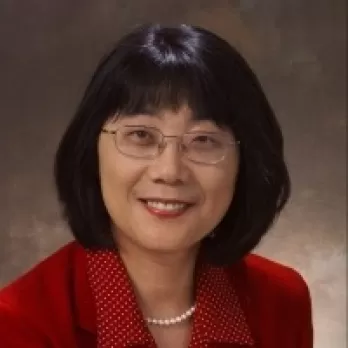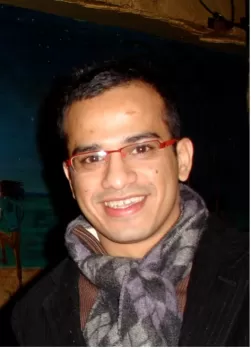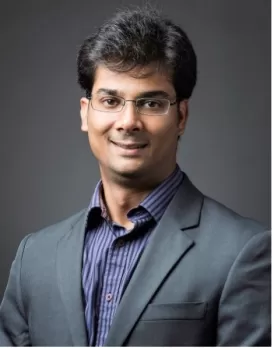Dr. Hemant Purohit and Dr. HuzefaRangwala, both faculty at George Mason University, and Dr. Aidong Zhang at the University of Virginia share their experience working to host and bring the Association for Computing Machinery's Conference on Knowledge Discovery and Data Mining to Washington, DC. The conference is the premier international forum for data mining and machine learning researchers and practitioners from academia, industry and government.
Q: Are there any new initiatives or projects you are working on?
Dr. Purohit: I am researching the design of human-centered computing systems using data mining, machine learning and natural language processing for applications to public services, including responding to natural hazards and mitigating societal or manmade crises. I’m working to improve the public services' capability for real-time information processing and management in the DC-metro region.
Dr. Rangwala: I am working on various projects related to applications of data mining and machine learning in various domains including education and learning sciences. In particular, I’m developing data-driven approaches for ensuring college student success and partnering with Break Through Tech to ensure gender parity in computing.
Dr. Zhang: I am working on several projects related to application of data mining and machine learning in scientific domains, specifically, translational biology in health. I’m also involved in a national initiative on AI campus for under-represented minorities.
Q: What makes Washington, DC, the ideal location for an international conference?
Dr. Purohit: The region is home to the world-class institutions involved in funding and strategizing, as well as conducting cutting-edge research and development for the data science field contributing to diverse areas from defense and health to governance and policy.
Dr. Rangwala: Washington, DC and the region are home to many public and private organizations devoted to discovery and innovations across a broad range of disciplines. Given the pervasiveness of data science approaches, it made sense to host one of the largest conferences devoted to this topic in DC. It brings scientists and practitioners across disciplines (local and from across the world) to discuss technical challenges and find solutions to the most pressing problems – the pandemic today, climate change and social justice.
Q: The last year has been a year of challenges with the pandemic, and we are seeing lots of changes in daily life in the capital region and in our workplaces. Do you have any examples of a positive pivot you have experienced or implemented, something that you anticipate will last beyond the pandemic?
Dr. Purohit: Despite the pandemic, information technology has significantly contributed to the continuity of the education field, be it schools or universities. The remote, online learning has shown a resilient solution to unexpected times and is likely to stay beyond the pandemic.
Q: Living and working in the Washington, DC area provides us with so many fun, unique, and often free things to do. What is your favorite DC hidden gem?
Dr. Purohit: Georgetown, the National Mall area and the Tidal Basin provide ample opportunities to hang out and enjoy the waterfront beauty of the city.
Dr. Rangwala: Having lived in DC for more than 10 years, some of my favorites are the U.S. National Arboretum, Kingman Island and Rock Creek Park. These places provide city dwellers an escape into the natural beauty that our city offers beyond the cultural exhibits.




